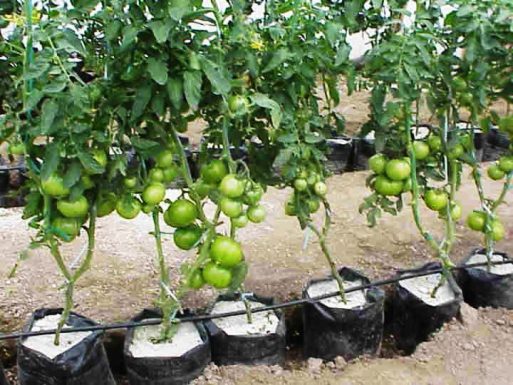When it comes time for you to start growing an organic garden, you may wonder where to begin, as there are so many things to consider when buying the right tools and accessories. The tips in this article can provide you with what you need to know to successfully grow your own organic garden.
Wait for the right moment if you plan on dividing a plant. Leave perhaps two years to grow and divide it at the end of the season when it looks at its best. If your plant shows signs of diseases or has areas with fewer leaves and flowers than others, it is too late.
Protect your seedlings from frost with clay pots. Early spring is a perilous time for a new garden. You want to get your plants going as soon as possible to ensure plenty of grow time, but a single frost can wipe out your fragile seedlings. To protect your tiny plants from frost at night, simply place a small, upside down clay pot on each seedling. They will insulate from the cold and protect from the wind.
Healthy Garden
Attract positive bugs to your garden. Bugs like lady-bugs actually hunt natural predators to your plants; aphids and caterpillars are just some of the nasty critters that can go through a garden and eat the leaves of the plants. Lady bugs are the natural predators to such pests and help the growth of a good healthy garden by consuming pests.
Test your soil before starting your organic garden. A healthy soil is the primary ingredient in a healthy garden. If you start by testing your soil, you will know what nutrients it lacks, and also which nutrients are in over abundance. Once you find out where your soil stands, you can make natural modifications to help ensure a healthy start for your garden.
Vegetable
Try to grow only as much as you can use in your garden. After eating fresh vegetables, storing, freezing, and giving away to friends and family there is only so much that a person can use. Do not plant fifty tomato plants unless a vegetable stand is in your future because all those tomatoes will rot on the vines and will not be used.
Start a compost bin, and enjoy nutrient-rich fertilizer that you can use for your vegetable plants, herbs, flowers and more. Food scraps and peels, coffee grounds, eggshells, newspaper, paperboard, yard waste and other organic matter are perfect additions to your compost bin. Keep a small bucket or bag in your freezer as an odor-free way to collect kitchen waste, and empty the container into the outdoor bin when it is full.
Organic
When starting your organic garden, a great tip is to make sure you have the right timing when sowing your seeds. If your timing is off when planting a particular plant, you will have very disappointing results. If you make sure you have your timing correct, you will likely be pleased with your results.
Plant your own seeds to guarantee organic produce. Sowing your own vegetable seeds gives you the comfort and assurance that your produce has been grown organically from seed to table. Choose plants that are easy to germinate such as broccoli, cabbage, basil and tomatoes. Find out the best time of the year to sprout your chosen produce.
As you have seen, organic gardening techniques, while various, share many fundamentals. They just vary in terms of plant types and care. All it takes to decide between them is some research and common sense to find the best plants and tools that will work with you, your budget, and your organic garden.

